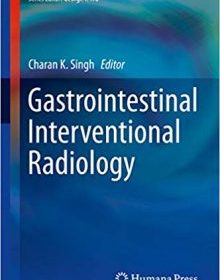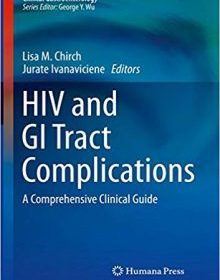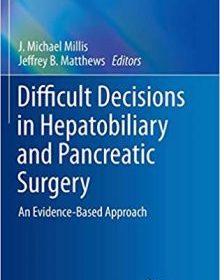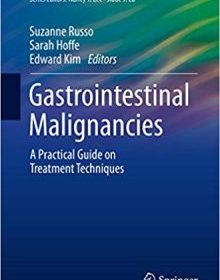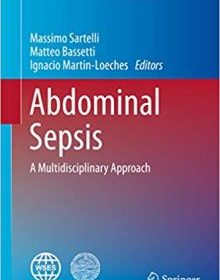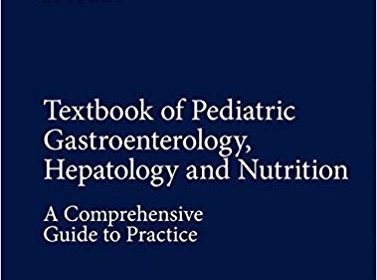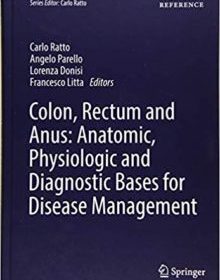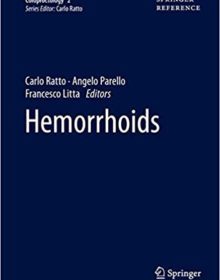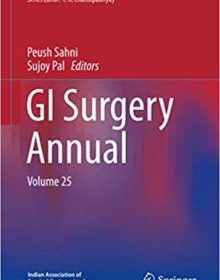Management of Wilson Disease: A Pocket Guide (Clinical Gastroenterology)
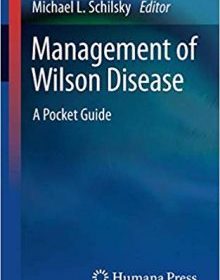
Management of Wilson Disease: A Pocket Guide (Clinical Gastroenterology)
This pocket guide provides a concise yet comprehensive overview of the pathogenesis, treatment, and management of Wilson disease. Drawing upon expertise from the Center of Excellence at Yale University in liver disease, neurology, and psychiatry for adult and pediatric patients, as well as dieticians, clinical trial coordinators, representatives from the Wilson Disease Association and outside experts from the US and UK as well, this guide provides a balanced and easy to digest approach to understanding treatment and care for Wilson disease patients. The text reviews different treatment options and other care needed to address clinical symptoms, as well as the testing needed for monitoring efficacy and adherence. Furthermore, the volume discusses these issues in the context of a best care model, which is an integrative care model where patients and their caregivers partner with Centers of Excellence with expertise in this rare disorder, to achieve best long-term outcomes.

